Sustainability Introducing the Actors of Sustainability
Professor Julien Schmitt presents his new course in sustainability, which will lead to 16 portraits of sustainability actors written by students for ESCP’s media, The Choice.
The Actors of Sustainability Interview Series - Fall 2022
A sustainable economic system depends on a complex network of stakeholders. Producers, distributors, associations, funding bodies, recruiters, consultants, employees..., they all have to play in the transition toward sustainability. In this series of interviews, we will better understand their respective romes and visions.

Accompanying and Distributing a Sustainable Offer


Implementing Sustainable Norms
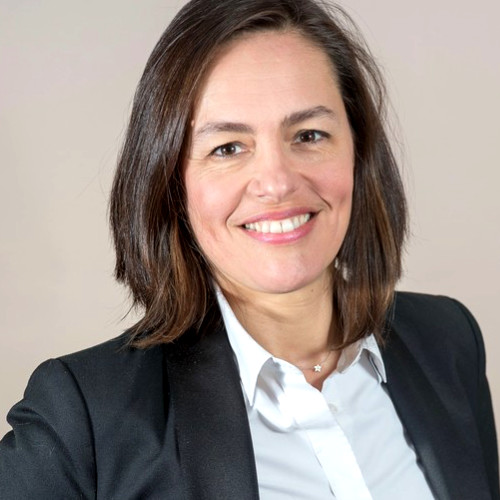
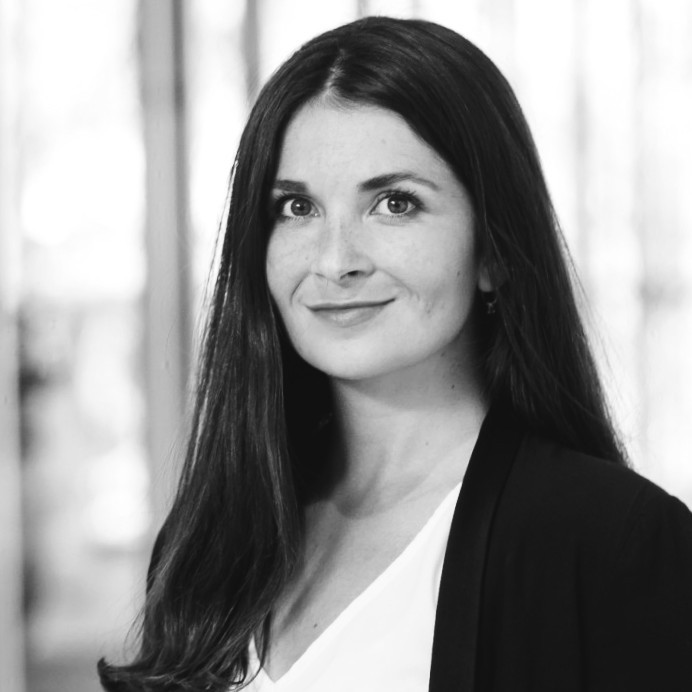
Multinationals and Sustainability
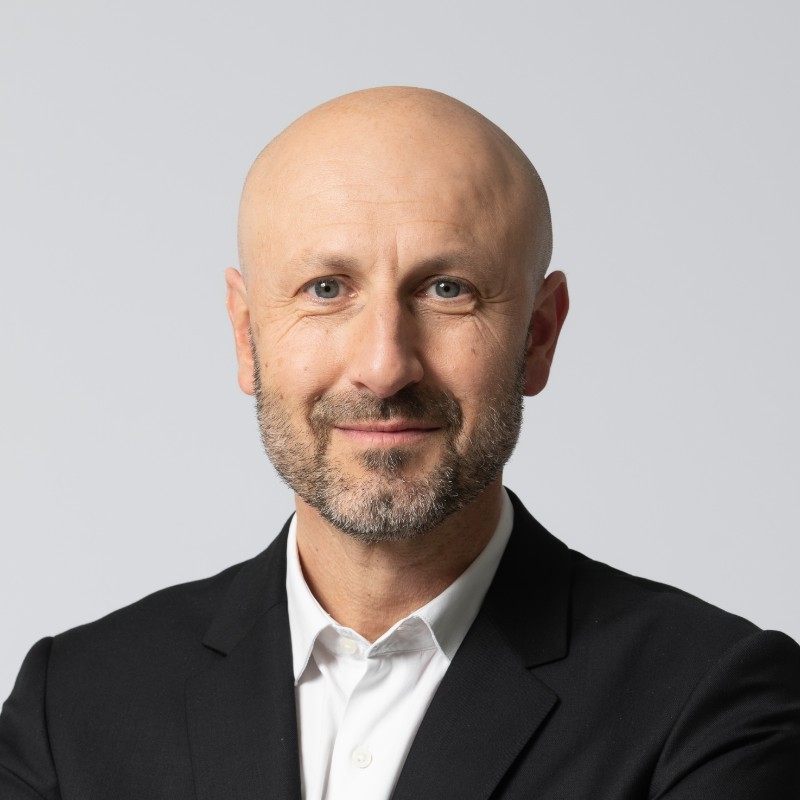
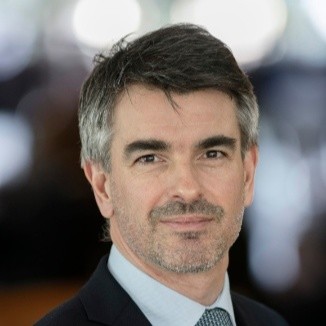
Multinationals and Sustainability
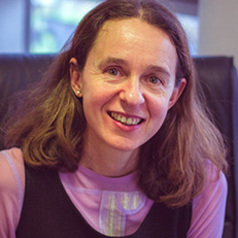

Sustainability Native Firms

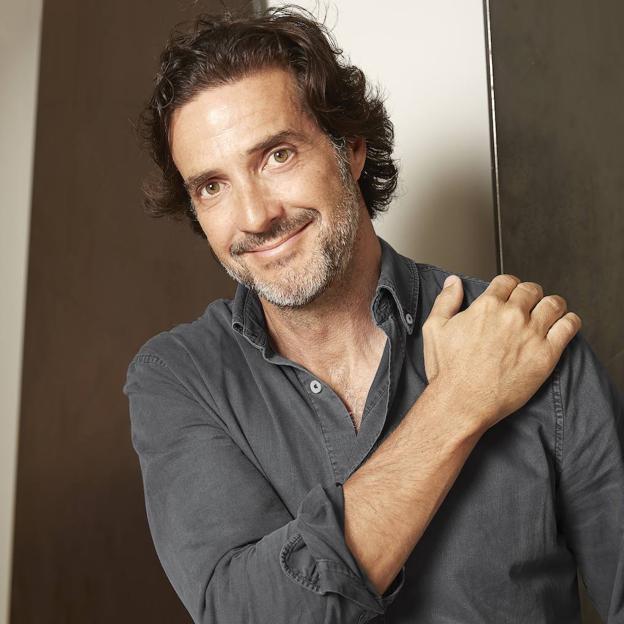
Finding and Empowering People


The role of Association



The role of Association
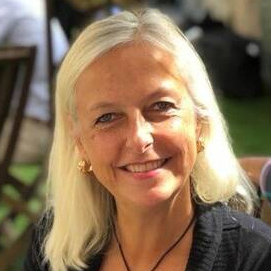

The urgency of integrating sustainabilityin the marketing curriculum
The clock is ticking. In the last decades, scientists have constantly raised the alarm about the urgency of tackling systemic issues associated with worldwide economic development: the intensive use of natural resources and fossil energy, the generation of huge amounts of pollution and waste, and the rise of social inequalities. Little time remains to engage in managerial, political, and consumption changes that will allow us to remain below the + 2°C of global warming.
In this fight, all the economic actors must be involved. Companies must engage in a transformational change toward more sustainable business practices in order to deliver value not just to shareholders but also to multiple stakeholders. Consumers have to change their consumption habits developed over decades and become a source of inspiration for companies. Governments must put in place regulations that will allow for these changes to be adopted as quickly as possible.
As Professor of Sustainability and Marketing Julien Schmitt explains: “In this situation, marketing is, rightfully, regularly accused of being a major contributor to the environmental and social crisis. Paradoxically, marketing also represents a key factor of success in this fight. Indeed, some companies have already used their pioneering moves toward more sustainable practices as sources of competitive differentiation. Moreover, marketing has the ability to influence consumer demand toward more sustainable choices. However, it cannot happen with business as usual.
“The fundamental principles of marketing must be rethought. For instance, decisions linked to product management must englobe implications on the material world and not only on the market performance. Basic KPIs such as volume sales or market share should be dropped, and we should re-invent new performance indicators that can be compatible with sustainability. The mere notion of growth, sometimes seen as a threat to our planet's boundaries, must be incorporated in the debate as the activity of many sectors will have to reduce if we want to reach our objectives.”
The fundamental principles of marketing must be rethought. Product management must englobe implications on the material world, basic KPIs such as volume sales or market share should be dropped to re-invent new indicators compatible with sustainability; the mere notion of growth must be incorporated in the debate as the activity of many sectors will have to reduce.
A new specialisation in marketing for sustainable business models
This is why ESCP Business School has launched a new specialisation called “Marketing for Sustainable Business Models” for its Master in Management.
“It does not aim to teach old marketing tricks with a sustainability flavour, as it is too often seen in sustainable marketing curricula”, Schmitt says. “It aims at reflecting on / reinventing marketing visions and practices to see how this discipline can be a real contributor to the global response to threats posed by environmental and social issues.”
The students participate in four main courses:
- Sustainable Consumption: studying the (in)compatibility of consumption with sustainability, explaining the difficulty to change and the strategies to be adopted, and changing students’ own consumption behaviours.
- Marketing for Transition Toward Sustainability: Studying sustainable business models and developing marketing plans to promote them
- The Actors of Sustainable Marketing: Interviewing actors involved in sustainability, understanding the complex set of stakeholders to take into account
- Marketing Dilemma for a Sustainable World: Thinking and debating about the difficult and conflictual topics that arise when integrating sustainability in business.
The Actors of Sustainability
Belonging to this specialisation, the course “The Actors of Sustainability”, taught by Schmitt, posits that a firm cannot reach sustainability by itself without taking into account all the stakeholders that gravitate around its activity:
“A product can be sustainable only if the firm’s suppliers provide the firm with sustainable materials, or if the firm’s customers use it sustainably. Therefore, an entire network of actors (organisations, firms, governments…) has to be involved. Also, within the firm itself, marketing decisions are not taken independently but are closely aligned with the other departments such as finance, HR or supply chain. Therefore, reaching a sustainable marketing orientation demands close cooperation with internal and external stakeholders.”
This course aims to help students learn more about these topics directly from key actors actually working in sustainability, in a range of industries and non-profit areas: “We want to provide students with concrete examples of firms’ implementations of sustainability actions and, more importantly, with concrete challenges and contradictory interests that make sustainability difficult to implement in firms’ constrained environments. We also want them to be inspired by the personal and professional paths taken by our guests.”
More than passive listeners, students are active leaders of these sessions: “They are in charge of researching about guest speakers (industry and role, main sustainability challenges associated), leading their interview, managing the in-class discussion that follows, and writing the articles that will be published in ESCP’s media, The Choice.”
We want to provide students with concrete examples of firms’ implementations of sustainability actions, and more importantly with concrete challenges and contradictory interests that make sustainability difficult to implement in firms’ constrained environments. We also want them to be inspired by the personal and professional paths taken by our guests
A successful first experience
16 guest speakers accepted to participate in the first edition of this course:
- Karine Viel (CSR Director at Monoprix)
- Cédric Baecher (Lead Partner, Sustainability and CSR at Wavestone/Nomadeis)
- Valérie Thobois (CEO at Lampe)
- Emma Bolze (Senion Consultant in ESG at PwC)
- Joël Tronchon (CSR Director at L’Oréal)
- Stéphane Renie (CSR Director et ALD Automotive)
- Aurélien Acquier (Professor of Sustainabiity at ESCP)
- Daniel Schmitt (Sustainability project Manager at Veja)
- Javier Goyeneche (CEO at Ecoalf)
- Caroline Renoux (CEO at Birdeo)
- Martin Silvestre (Head of Impact at Vendredi)
- Maya Persaud (Co-founder and Director at Espero)
- Juliette Leboda and Aurélie Clerc (Team Corporates at Pour un Réveil Ecologique)
- Laurence Moret (Head of Communication et Crédit Coopératif)
- Emma Scribe (Head of Major Investments at Time for the Planet)
“Thanks to our guests, students were able to see a panorama of concrete challenges and contradictory injunctions that make sustainability difficult to implement in firms. It is important to understand the complex network composed by the different stakeholders and the associated issues at stake in terms of sustainability”, explains Schmitt.
In addition, they could develop transferable skills through this experience: “the ability to form a comprehensive picture from a complex set of examples and pieces of information, welcoming and interviewing guest speakers, learning how to quickly and efficiently become proficient in an unfamiliar topic, and so on. All those are skills that they will be able to use in multiple situations.”
Finally, students in the course are encouraged to develop a positive curiosity for inspirational career paths and concrete implementations of sustainability solutions, all of which should help them to better manage their own careers in sustainability.
Campuses
![Merc Guller / Unsplash [copyright]](/sites/default/files/styles/event_news_une/public/2023-04/mert-guller-jFBWOaoS-7o-unsplash-escp.jpg)